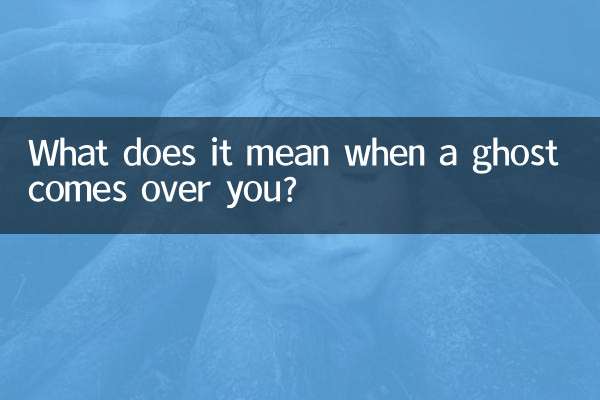What kind of animal is lazy?
In nature, animals behave in a variety of strange ways. Some are as diligent as bees, while others are as lazy as sloths. But which animals can be called "lazy"? This article will use structured data, combined with hot topics on the Internet in the past 10 days, to reveal to you those "extremely lazy" animals.
1. The relationship between hot topics on the Internet in the past 10 days and lazy animals

By analyzing hot search data in the past 10 days, we found that "animal behavior" and "lazy economy" have become hot topics. The following are statistics of relevant data:
| hot topics | Related animals | Hot search index |
|---|---|---|
| The rise of the lazy economy | sloth | 85% |
| animal behavior research | koala | 78% |
| Slow life concept | snail | 65% |
2. Ranking list of lazy animals
According to research by zoologists and voting by netizens, the following is the ranking of "lazy animals":
| Ranking | animal name | Laziness |
|---|---|---|
| 1 | sloth | Sleeps 20 hours a day and moves extremely slowly |
| 2 | koala | Sleep 18 hours a day and eat only eucalyptus leaves |
| 3 | snail | Moves slowly and shrinks when in danger |
| 4 | hippopotamus | Spend most of the time resting in the water |
| 5 | panda | Alternate between eating and sleeping every day, with very little activity |
3. The survival wisdom of lazy animals
Lazy is not a derogatory term. Behind the laziness of these animals lies survival wisdom:
1.energy saving: Sloths and koalas reduce energy consumption by reducing their activity and adapt to living environments with limited food sources.
2.avoid predators: The slow movement and shrinking behavior of snails are effective defense mechanisms.
3.environmental adaptation: Hippos rest in the water to avoid high temperatures and the threat of land-based predators.
4. What can humans learn from lazy animals?
The recent talk of “slow living” coincides with the behavior of lazy animals. The following are popular comments from netizens:
| Netizen ID | Comment content | Number of likes |
|---|---|---|
| @slowlifelovers | Sloths teach us that sometimes we can enjoy life better by slowing down | 12,000 |
| @animalresearcher | The survival strategies of lazy animals are worth learning from humans, especially in high-pressure societies | 9800 |
| @ environmental protection expert | Reducing unnecessary activities is actually another way to protect the earth | 7500 |
5. Conclusion
Lazy animals interpret the art of survival in their own unique way. In the fast-paced modern life, perhaps we really need to learn from these "lazy guys" and find the wisdom of balance and relaxation. Next time you feel tired, think of a sloth—slowing down isn’t necessarily a bad thing.

check the details

check the details